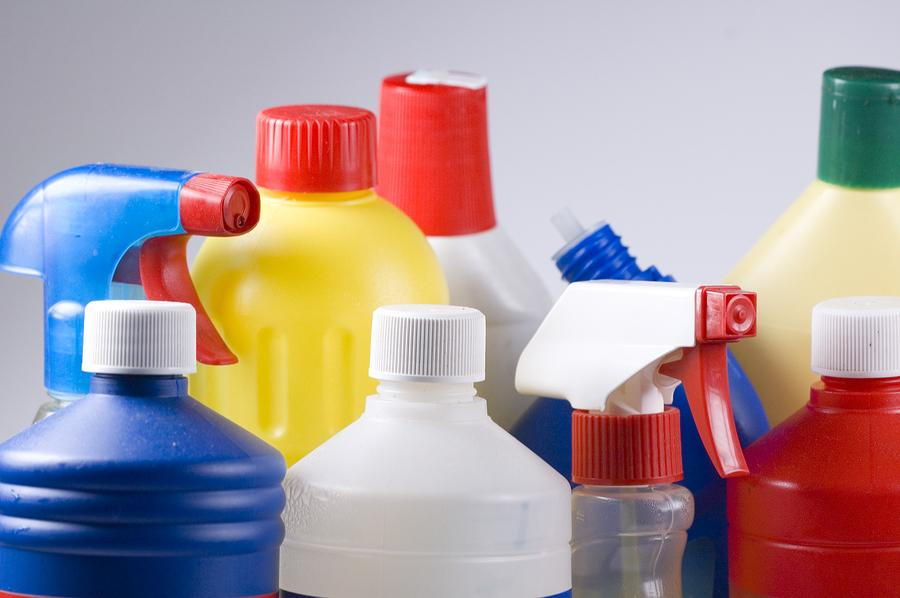 Scrubbing toilets and doing laundry may not be everyone’s favorite household activities, but for some of us, cleaning the house is irritating—literally. Many of the products we keep in our homes to clean and eliminate germs can be rough on our skin. Even gentle cleansers can dry and irritate your skin if you are sensitive to them or overuse them.
Scrubbing toilets and doing laundry may not be everyone’s favorite household activities, but for some of us, cleaning the house is irritating—literally. Many of the products we keep in our homes to clean and eliminate germs can be rough on our skin. Even gentle cleansers can dry and irritate your skin if you are sensitive to them or overuse them.
Sensitive skin that has been exposed to cleaning products can develop a red, swollen, itchy rash that your dermatologist refers to as contact dermatitis. There is no cure for housework, but if you can identify and avoid the cleaning chemicals that inflame your skin, it can at least reduce your irritation when you have to do it.
Some of the common culprits that irritate your skin may include:
- Clothes: Wool and polyester both commonly irritate skin, especially in people with sensitive skin.
- Dry air: Air conditioning and heat both reduce humidity in your home, which can cause dry air to suck moisture out of your skin.
- Fabric softener: It can make your laundry smell and feel great, but for some people fabric softener can irritate the skin, causing dryness, itching or a rash.
- Harsh soaps: Soaps can strip away the lipid layer that protects your skin and keeps it moist, which can result in irritation and dryness. Added fragrance in soaps can further irritate your skin.
- Hot water: We all love hot showers, but you might want to tone it down to warm. Hot water is extremely hard on our skin and dries it out.
- Pets: An allergy to cats or dogs can cause dry, itchy skin, among other symptoms.
- Scented products: The fragrance in fabric softener might be an obvious irritant, but scents that are not as strong can also cause dryness. These products might include body washes and perfumes.
If you are unsure of what is triggering your skin irritation, contact your dermatologist for further testing. Your dermatologist will be able to help you target your specific irritant so that you can successfully avoid this common household irritant.
